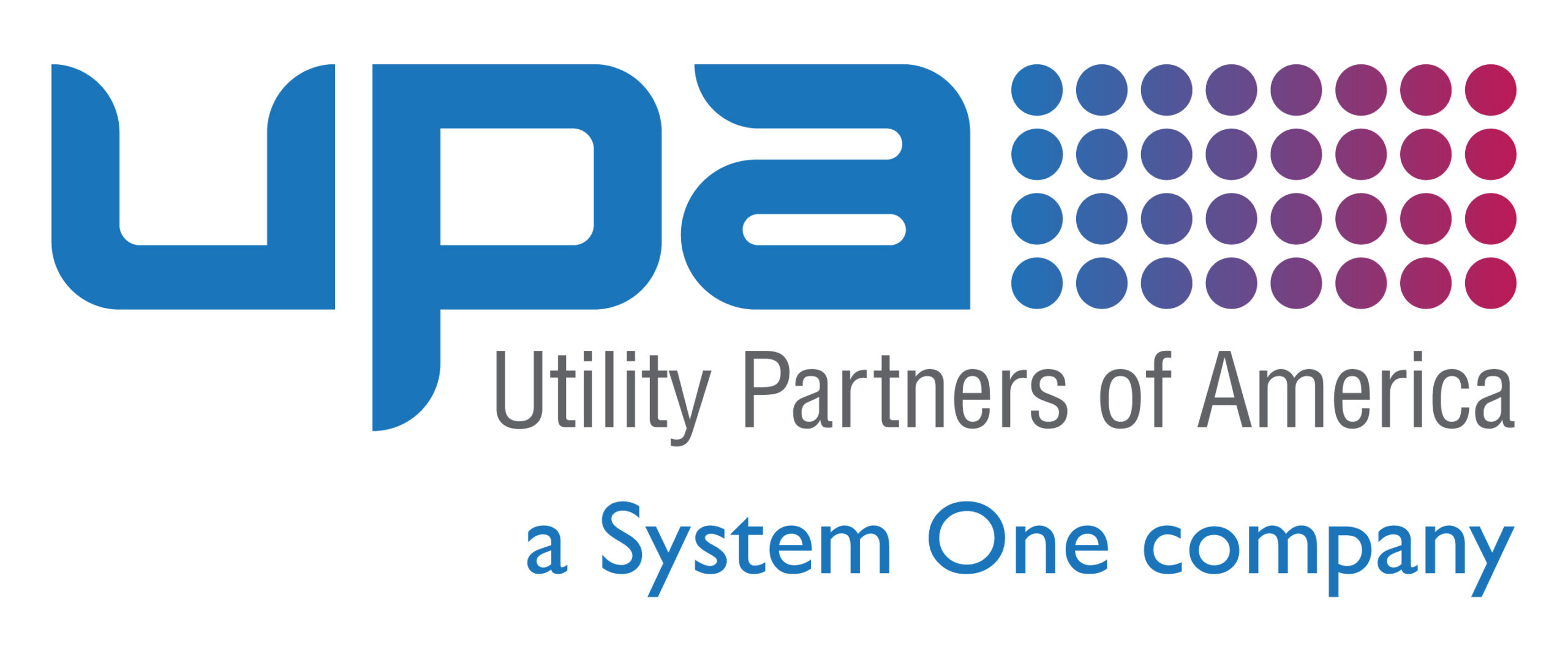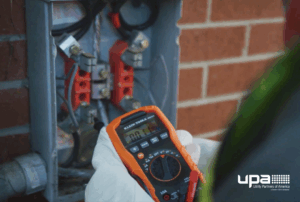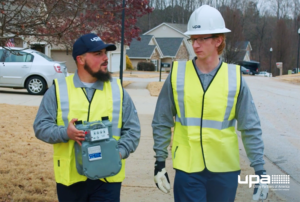In general, utility activities are process-oriented. Employees turn on and off service, make repairs, perform preventive maintenance, and collect payments. This work follows a step-by-step system with a series of boxes to check. Another, vastly different kind of utility work also follows specific steps in a particular order. Project procurement management is an important function for utilities hoping to secure new work and build industry relationships.
The crux of procurement management seems simple enough. Plan out purchases, evaluate vendors that offer those goods or services, select a vendor, and then monitor the implementation. Here are some tips and tricks that can be deployed to set the utility up for success. Read on as we talk about how to win in project procurement.
Figure out if you can make it yourself
A make-or-buy analysis is one of the foundational elements of procurement management. Determine if it’s possible to produce the good or service in-house. If not, outsource or purchase elsewhere. This analysis will ultimately come down to a few different factors. Factors include questions like whether it’s physically possible for your team to design and develop a solution and/or if it’s worth the drain on resources to do it when an out-of-the-box option is available.
Another spin on this dilemma is deciding whether to lease or buy. This scenario is especially pertinent to heavy equipment or tools that a utility may need, but may not be worth the investment of a purchase. Going forward, closely examine your expected usage and the outlay of capital.
Related: Basic Asset Management: Benefits of Preventive Maintenance
Focus on total value, not the upfront cost
Concentrating on upfront cost over value is a shortsighted strategy that doesn’t consider future ramifications
In a budget-conscious environment, it’s perfectly normal to have a laser focus on the bottom line. Unfortunately, that can sometimes get us in trouble. Concentrating on upfront cost over value is a shortsighted strategy that doesn’t consider future ramifications. For instance, let’s say you’re evaluating vendors for a meter installation project. Historically, you had a great relationship with a local vendor. Unfortunately, the local vendor lacks experience and the variety of services, systems, and business processes required to make a meter installation project a success. Your company is considering migrating to another vendor who has a track record of managing successful meter installation projects. Even if the local vendor is the familiar option, consider the alternative vendor who is better equipped and is more likely to successfully manage the project.
A focus on total value over cost would take this potential change into account, resulting in the selection of a vendor that can support both your existing and future project needs.
Related: Vet Third-Party Inspections Vendors
Always compare apples to apples
This tip works in lockstep with focusing on total value, but it also involves ensuring all vendors are offering similar services. Going back to our meter installation project example: The local vendor doesn’t offer the breadth of services that is needed, but another vendor offers more services than you need. That type of bloat can cause the quoted cost to far exceed the quote from another vendor.
Take the time to confirm that all vendor-submitted proposals are for comparable scope and services so that you can feel confident about how each measures up. In the meter installation project example, this means finding a Vendor who handles the required services but won’t try to throw in unnecessary add-ons.
Related: Project Management: Keeping it Simple
Be cautious with the type of contract you select
Deciding between various types of contracts available is another big decision. Depending on what you’re purchasing, there are endless types of contracts. You may find fixed-price contracts, fixed-total-cost contracts, fixed-unit-price contracts, cost-reimbursable contracts and so many more.
The best advice we can give you is to do your due diligence on the contract type your vendor provides. Make sure you fully understand each term of the deal.
Related: The Importance Of A Project Plan
Utility Partners of America helps utilities with procurement
Utility Partners of America (UPA) has been a trusted partner of utilities and energy cooperatives for more than two decades. We have experience guiding these organizations through procurement management. If you’d like to learn more about what we do and how we can help your utility, contact us today.




